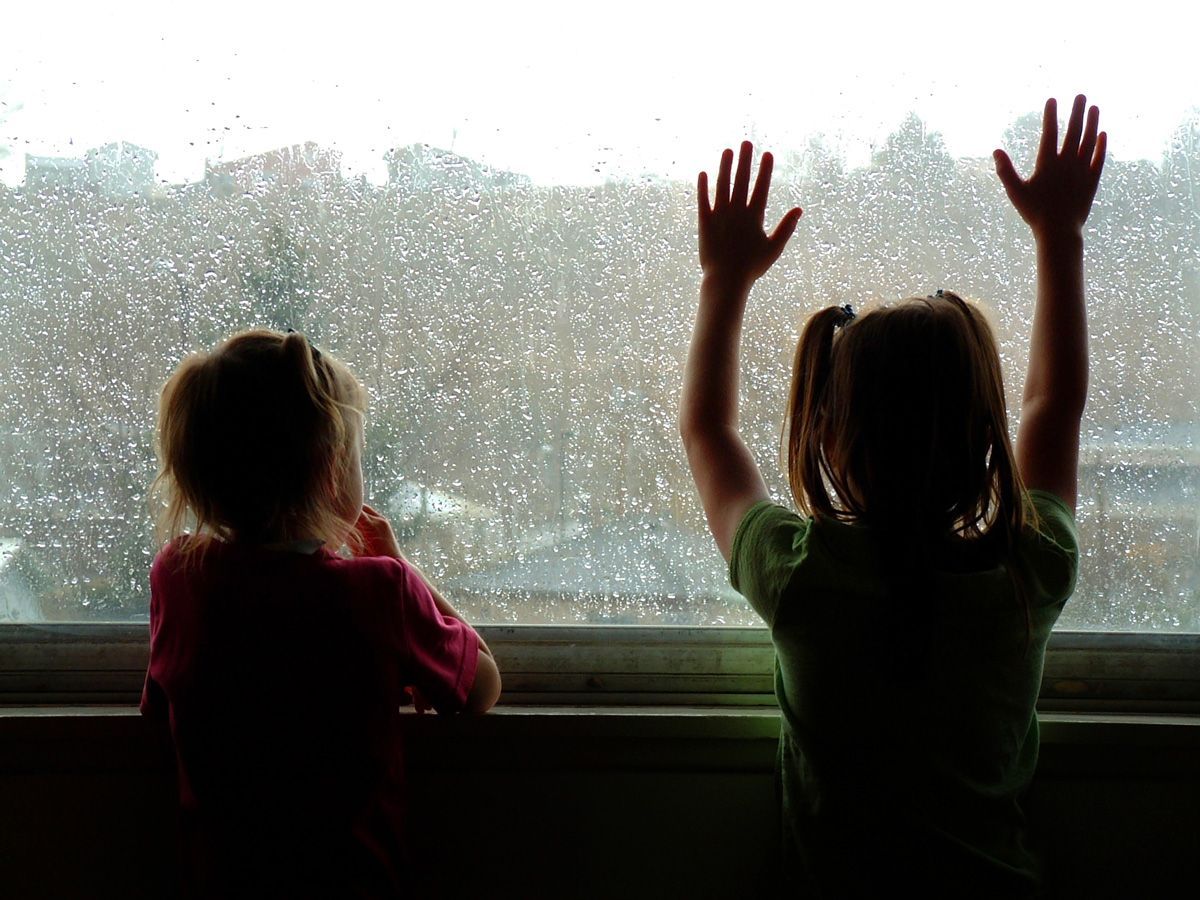Finding the Purpose Behind Co-Parenting Programs
Parenting after separation or divorce can be one of the hardest challenges a family faces. Emotions are high, routines change, and sometimes it feels like every interaction with the other parent has to be filtered through court orders or guidelines. That’s why programs like parenting coordination and communication facilitation exist—not to punish either parent, but to create a path toward healthier co-parenting and a stronger focus on the child.
Why These Programs Exist
Many parents enter these programs frustrated, wondering why things have to be so structured or why a third party has to be involved. The truth is that these steps are usually put in place after a period of high conflict, missed parenting time, or communication that has broken down. The court and outside professionals step in not to take sides, but to protect the child from being caught in the middle.
These programs aim to give families tools so that eventually, they no longer need court intervention. The ultimate goal is always the same: a cooperative environment where the child can thrive without constant stress.
What Progress Looks Like
Progress doesn’t always mean parents become best friends. Instead, it can look like:
- Parents communicating respectfully in an app without insults or blame.
- Both sides following the schedule without needing reminders.
- Parents being flexible with small changes when it benefits the child.
- The child no longer worrying about whether parents will argue at exchanges.
Common Misunderstandings
It’s easy for parents to feel like the other side is being “supported more” or that the professional is favoring one parent. In reality, the role of a parenting coordinator or facilitator is to make sure both parents are heard and that decisions are guided by what is fair and healthy for the child—not what feels like a win for one parent.
Moving Beyond Court Orders
While court orders and parenting time guidelines provide a framework, the long-term goal is to help families find ways to parent beyond just “what’s on paper.” Parents who learn to cooperate can create more natural routines, share responsibilities more smoothly, and allow their child to experience family life that feels less divided.
Final Thoughts
Programs like parenting coordination and communication facilitation aren’t meant to keep families stuck in the past. They exist to help parents move forward, develop new skills, and eventually reduce the need for outside involvement. The real success story is when the child grows up knowing that, despite the conflict, both parents worked hard to put them first.
This post was written by Chelle Hendershot, who is a dedicated Mediator, Guardian ad Litem, and Parenting Coordinator at Hope For Our Future, LLC, with a passion for helping individuals and families navigate through life's most challenging moments. This post is not intended to be legal advice and is for marketing purposes only.


